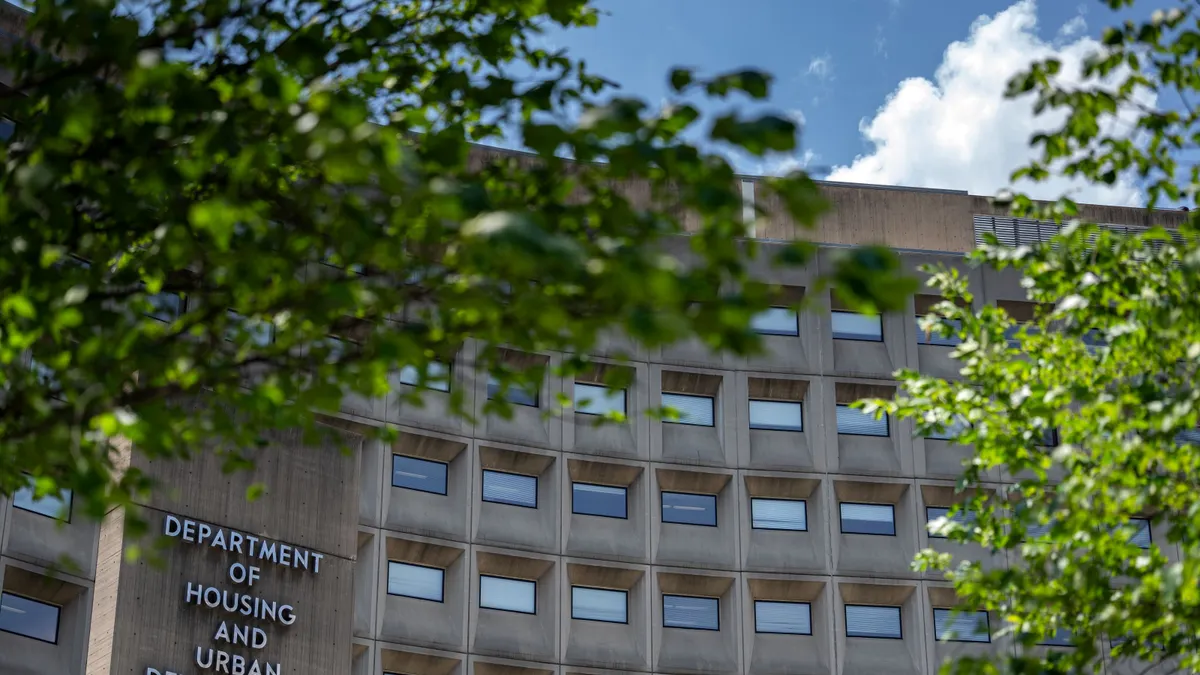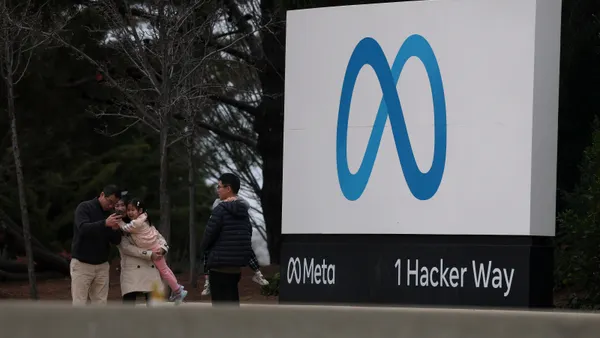The growth of buy now, pay later loans has drawn the attention of federal housing officials who have posed a series of questions on how this type of consumer lending may impact housing payments and the market’s overall stability.
The Department of Housing and Urban Development issued a request for public comment late last month on BNPL loans, posing nearly two dozen questions about the industry, BNPL customers and metrics assessing a borrower’s overall financial situation.
“As consumers take on additional short-term debt obligations through BNPL services, their capacity to manage housing-related expenses, such as rent or mortgage payments, may be affected,” HUD said in its request, issued June 24.
The department oversees a federal fund providing insurance for mortgages that are guaranteed by the Federal Housing Administration.
HUD must understand “the intersection between BNPL lending and housing-related expenses” to determine if current policies work “or if development of BNPL-specific policies are warranted for FHA to continue to support financial self-sufficiency and housing stability,” the department wrote in the notice seeking information from industry players and others.
HUD said the effort aims to give housing policymakers a better understanding of how “emerging” products like BNPL loans “may affect FHA-approved mortgagees’ ability to fully evaluate a borrower’s financial profile and capacity to sustain long-term homeownership.”
Current FHA policies “largely exclude” BNPL loans from underwriting determinations, HUD said.
That’s because closed-end debts like BNPL loans don’t have to be included in FHA loans if the debt will be paid off within 10 months from the property closing date and the total payments of all BNPL loans are 5% or less of a borrower’s gross monthly income.
These are some of the 22 questions in HUD’s solicitation:
- “What financial behaviors set frequent BNPL users apart from traditional credit users, and how can this guide FHA risk assessments?”
- “How does frequent BNPL usage affect borrowers’ ability to meet housing-related expenses, including rent or mortgage payments?”
- “What housing-related expenses are most often sacrificed to repay BNPL debts?”
- “How can BNPL payment histories be effectively integrated into traditional credit reporting systems to help borrowers build credit profiles?”
The department’s evaluation of BNPL lending comes as another executive branch agency, the Consumer Financial Protection Bureau, has retreated from a rule interpretation under which it had planned to afford BNPL users many of the same consumer protections required for credit cards.
The CFPB, under the new leadership of the Trump administration, said in March it would drop that effort, which the bureau began last year under the Biden administration.
The Financial Technology Association, which represents numerous fintechs including BNPL companies Block, Klarna and PayPal Holdings, sued to block the bureau’s BNPL rule interpretation arising from the Truth in Lending Act.
The BNPL industry has begun to make some initial efforts to have their lending data incorporated into consumer credit scores.
Earlier this year, San Francisco-based Affirm began reporting data to Experian and TransUnion, two of the three main credit-reporting agencies. Last month, FICO said it plans to include BNPL data within some of its credit scores later this year.
Four large BNPL providers, Affirm, Klarna, PayPal Holdings and Sezzle, had no comment on HUD’s information request, spokespeople for the companies said via email.
“It is encouraging to see credit bureaus and scoring companies working to model BNPL correctly, and we hope they will continue to evolve their models to ensure accuracy in the data and transparent decision-making,” FTA spokesperson Miranda Margowsky said Wednesday in an email.
The FTA will submit comments on HUD’s BNPL request, she said.
A separate trade group, the American Fintech Council, said it’s “encouraged by HUD’s decision to understand how BNPL products may impact borrowers in FHA programs.”
“The industry recognizes the importance of ensuring that consumers’ usage of these products are properly captured and understood from a credit perspective,” Ian Moloney, the AFC’s head of policy and regulatory affairs, said Thursday in an email.
Comments to HUD are due by Aug. 25. The department has collected nearly two dozen to date.
A commenter named Marcelle Giles wrote July 2 that BNPL companies should be required to report to credit bureaus, especially in cases where a loan allows more than four payments.
“We’ve had borrowers that seem to live on these, using the BNPL for groceries and regular living expenses and not necessarily for making a purchase,” wrote Giles, who didn’t disclose how he is familiar with lending practices. “We’d give that borrower way more scrutiny to see how they manage their funds and can they really afford a home.”














